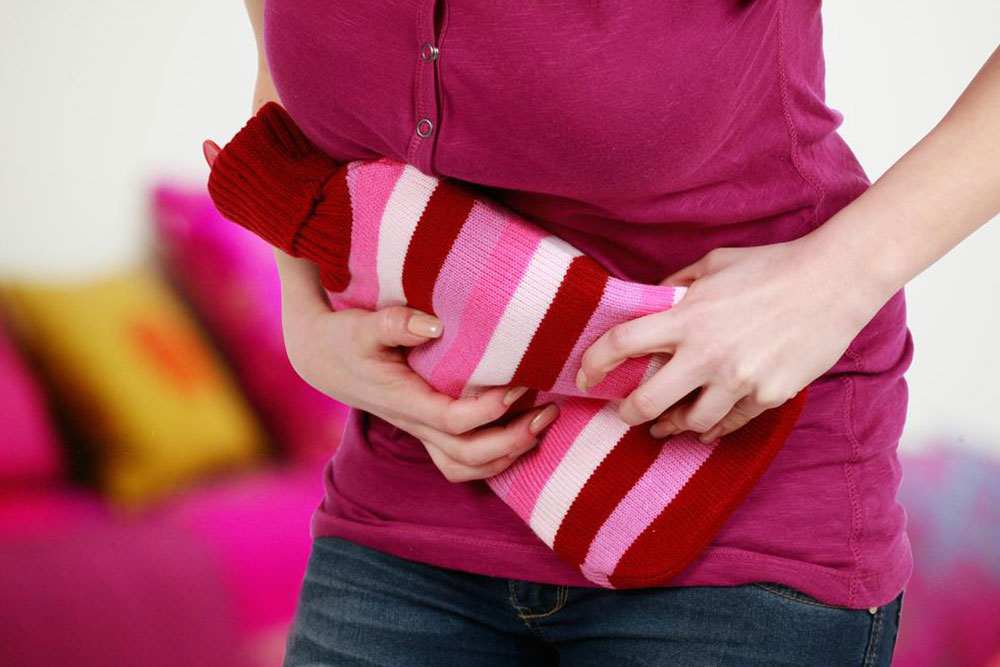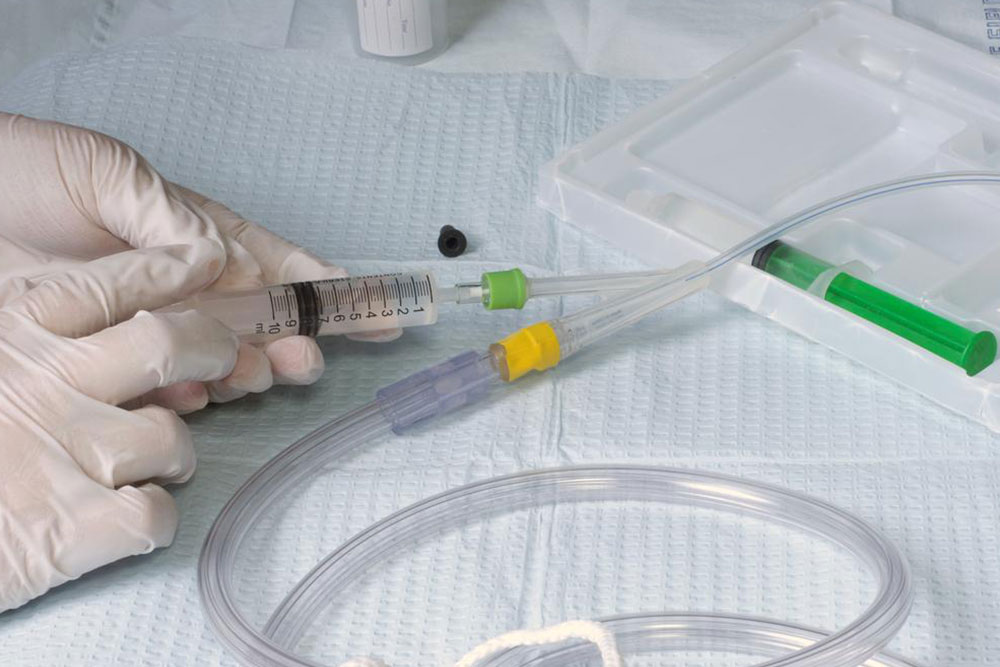Effective Strategies for Managing Urinary Tract Infections
Learn effective methods to prevent and manage urinary tract infections through proper treatment, dietary choices, and lifestyle changes. Discover tips for keeping your urinary health in check and when to seek medical help for persistent symptoms.

Effective Strategies for Managing Urinary Tract Infections
Urinary tract infections (UTIs) often cause burning sensations, abdominal discomfort, and cloudy urine. They are more prevalent in women and can involve any part of the urinary system, including kidneys, bladder, and urethra. If not treated promptly, UTIs may lead to severe pain and complications. Here are some key approaches to prevent and manage UTIs effectively:
Proper Medical Treatment
FETROJA® (cefiderocol) is a antibiotic option used to treat complex urinary infections, especially those caused by resistant Gram-negative bacteria. It’s typically prescribed for adults over 18 and often as a last resort when other treatments fail. Side effects may include diarrhea, headache, nausea, and injection site reactions. Consult a healthcare professional to determine if this medication is suitable for you, as it can interact with other drugs.
This treatment choice is generally for those with limited options. Monitoring and managing side effects with medical guidance are essential for safe use.
Diet and Nutrition
Incorporating certain foods can help combat UTIs. Berries like cranberries, blueberries, and raspberries contain compounds called proanthocyanidins, which prevent bacteria from adhering to the urinary tract lining. Furthermore, probiotics found in yogurt and pickles support healthy bacteria balance, reducing infection risk. High-fiber foods such as bananas, lentils, and nuts can promote healthy bowel movements, easing bladder pressure. Conversely, spicy foods and caffeinated beverages may exacerbate UTI risks.
Health and Lifestyle Adjustments
Simple lifestyle changes can significantly lower UTI risk. Urinating promptly when the urge arises prevents bacteria buildup. Maintaining proper genital hygiene and staying well-hydrated are equally important measures for prevention.
Note: This article is for informational purposes only and should not substitute professional medical advice. Always consult a healthcare provider for diagnosis and treatment tailored to your individual needs.










